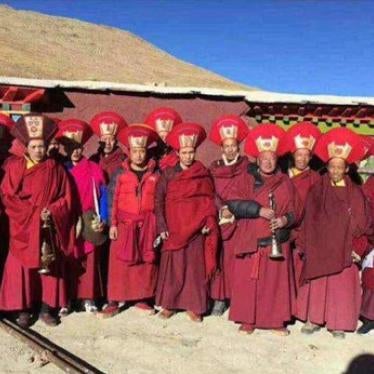(New York) - Human Rights Watch today called on the government of India to take all necessary and appropriate measures to prevent communal violence that may arise from a March 15 ceremony at a contested religious site in Ayodhya, Uttar Pradesh.
It also urged India to bring to justice those responsible for the recent communal violence in Gujarat state, including police officers that failed to intervene to uphold the law.
Since February 27, more than 600 people have been killed in Gujarat, most of them Muslims. The violence began after a Muslim mob in the town of Godhra, apparently angered by the hooliganism of Hindu activists, torched a train on which the latter were riding; more than sixty passengers were killed.
The activists were returning from Ayodhya where a campaign led by the Vishwa Hindu Parishad to construct a Hindu temple on the site of a mosque destroyed by Hindu militants in 1992 continues to raise the spectre of further violence. Riots in the city of Bombay in 1992 and 1993 following the destruction of the mosque claimed hundreds of lives.
"Those responsible for torching the train as well as those responsible for revenge attacks on Muslim communities must be brought to justice," said Smita Narula, senior researcher for the Asia division of Human Rights Watch. "A criminal investigation should also be launched into possible complicity of officials in Gujarat in the killings, and for the delay in taking action to prevent Hindu retaliation."
Human Rights Watch praised Prime Minister Atal Bihari Vajpayee as well as the National Human Rights Commission for their quick condemnation of the killings, and called on the central and state governments to ensure that impunity for campaigns against minorities - past and present - is ended.
"The atrocities in Gujarat are a replay of events in Bombay in 1992 and 1993," Narula said. "Had the recommendations of the Srikrishna Commission been implemented, we might have been able to avoid the carnage of the last two weeks."
The Srikrishna Commission, under the direction of former Supreme Court Justice B.N. Srikrishna, issued a report in 1998 on the Bombay riots, much of it aimed at improving the behavior of police in handling communal riots.
Human Rights Watch also expressed serious concern about the condition of makeshift camps in Ahmedabad, Gujarat, where an estimated 35,000 people remain after fleeing the savage clashes. According to the findings of the Citizens' Initiative for Justice and Peace, a human rights coalition, local authorities are preventing riot victims from leaving the camps. The camps are desperately lacking the most basic necessities, including food and medical supplies. Sanitation in the camps is extremely poor.
Human Rights Watch called on the Indian government to provide needed supplies, to improve basic conditions at the camps, and to take all necessary measures to ensure that local and international relief agencies are able to assist the riot victims.
Human Rights Watch noted that potential for further outbreaks of communal violence in Gujarat and elsewhere remains high, given the stated plans of the Vishwa Hindu Parishad to hold a puja (a Hindu ceremony) in Ayodhya on March 15. The Supreme Court will make a final decision on whether the ceremony will be held in a less controversial site on Wednesday, March 13. The issue of whether or not a Hindu temple will be built on the site of the destroyed mosque remains bitterly contested.





